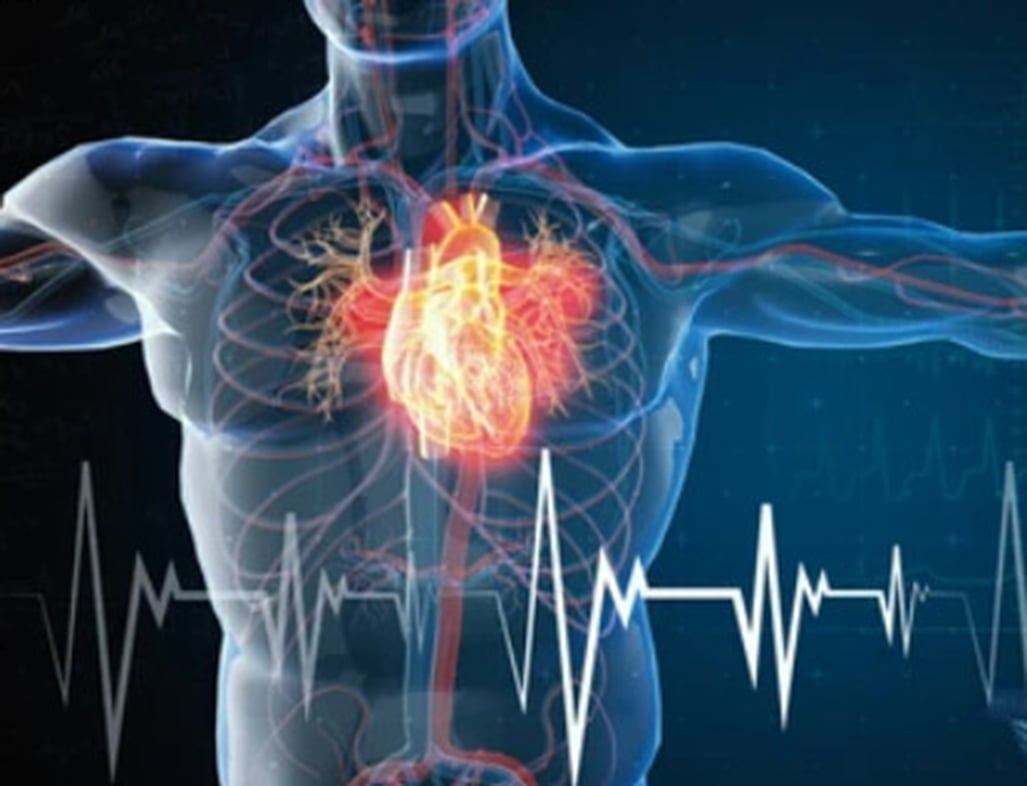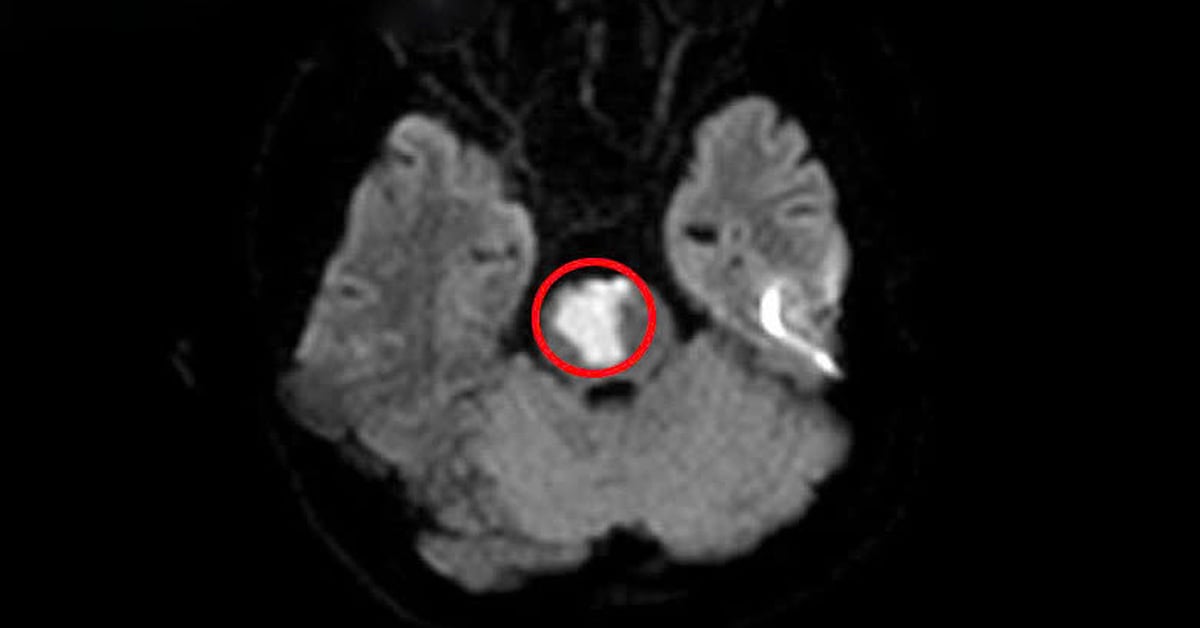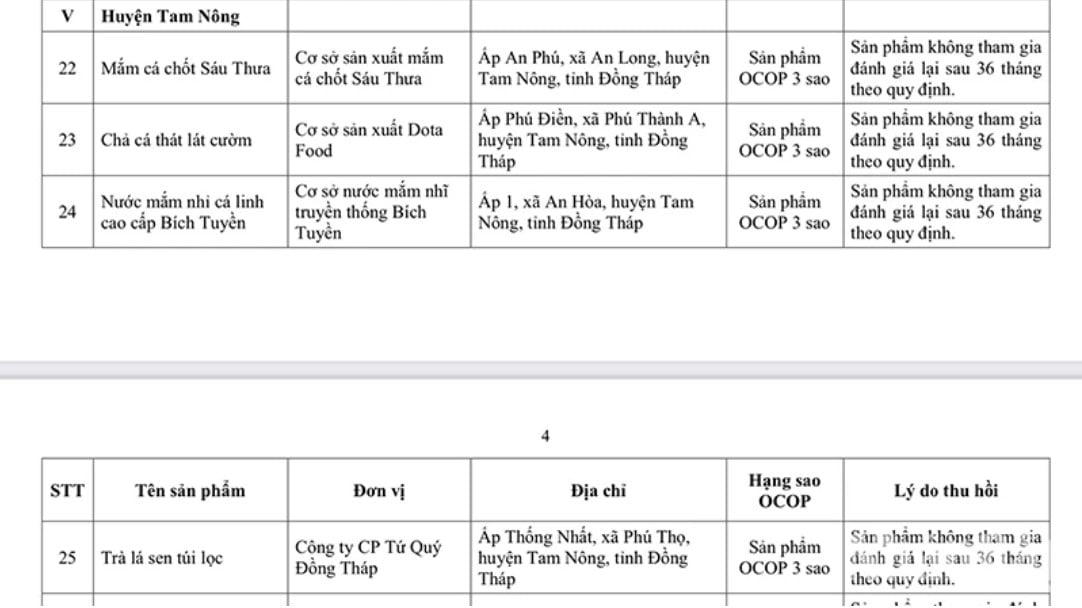Accordingly, excess niacin (vitamin B3) - a common B vitamin, can lead to heart attacks, strokes and other heart events, according to the medical news site Medical Express.
New research by scientists from the Cleveland Clinic (USA) is part of an investigation into factors that contribute to cardiovascular risk that are still unknown.

The widespread use of supplements containing various forms of niacin has become popular because of its supposed anti-aging effects.
Study leader Dr. Stanley Hazen, a preventive cardiologist at the Cleveland Clinic, and his team followed patients over time and collected blood samples to look for chemical markers that could predict the development of heart disease.
As a result, they found that people who consumed too much niacin had high levels of 4PY, which contributes to the development of cardiovascular disease, according to Medical Express.
Specifically, the authors found that excess niacin decomposes to produce 4PY.
Dr. Hazen compares the body's absorption of niacin to turning on a faucet in a bucket. As the bucket fills, water begins to overflow. The body then needs to process that overflow and produce other metabolites, including 4PY.
It is noteworthy that large-scale clinical studies have demonstrated that high levels of circulating 4PY in the blood are closely associated with the development of heart attacks, strokes, and other cardiac events.

Excess niacin can lead to heart attacks, strokes and other heart events.
Researchers have also found that 4PY directly causes vascular inflammation, which damages blood vessels and can lead to atherosclerosis over time.
This discovery paves the way for the development of new approaches to combat the development of heart disease, says Dr. Hazen.
Dr. Hazen notes that the widespread use of supplements containing various forms of niacin has also become popular because of its supposed anti-aging effects. He advises people to consult their doctor before taking supplements and to focus on a diet rich in fruits and vegetables, according to Medical Express.
Source link






































![[Photo] Prime Minister Pham Minh Chinh chairs Government Conference with localities on economic growth](https://vstatic.vietnam.vn/vietnam/resource/IMAGE/2025/2/21/f34583484f2643a2a2b72168a0d64baa)


























































Comment (0)